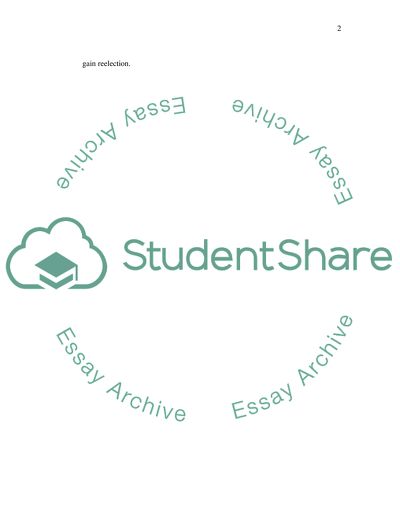Cite this document
(“Al Gores The Assault on Reason Book Report/Review”, n.d.)
Al Gores The Assault on Reason Book Report/Review. Retrieved from https://studentshare.org/miscellaneous/1533404-al-gores-the-assault-on-reason
Al Gores The Assault on Reason Book Report/Review. Retrieved from https://studentshare.org/miscellaneous/1533404-al-gores-the-assault-on-reason
(Al Gores The Assault on Reason Book Report/Review)
Al Gores The Assault on Reason Book Report/Review. https://studentshare.org/miscellaneous/1533404-al-gores-the-assault-on-reason.
Al Gores The Assault on Reason Book Report/Review. https://studentshare.org/miscellaneous/1533404-al-gores-the-assault-on-reason.
“Al Gores The Assault on Reason Book Report/Review”, n.d. https://studentshare.org/miscellaneous/1533404-al-gores-the-assault-on-reason.


